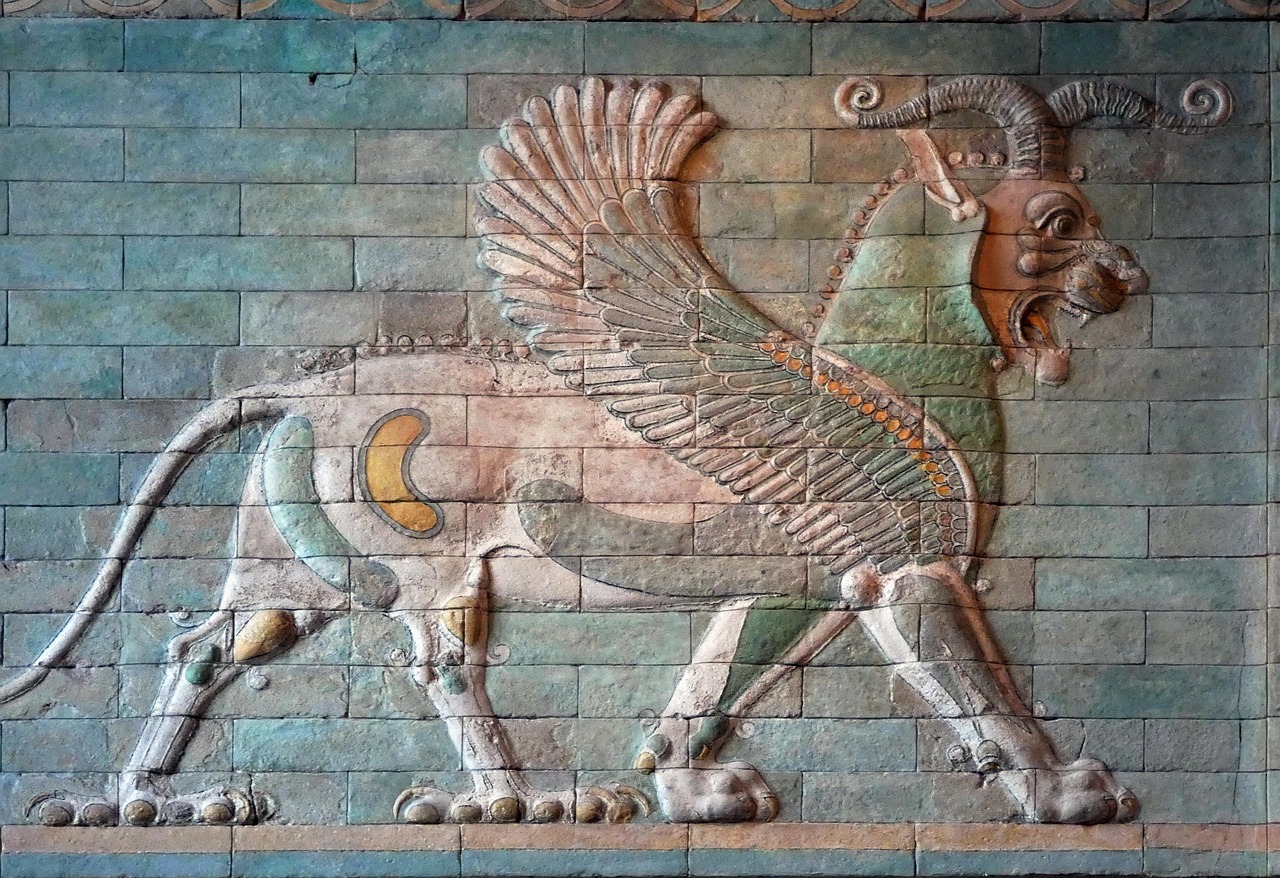A legacy of purpose & civilization
Heritage is capital of the soul — compounded through centuries of service, courage, and conviction. The Thawer lineage does not rest upon history; it builds upon it, transforming remembrance into responsibility.
The Thawer Legacy
Established c. 1501 (Safavid Era) | A Chronicle of Civilization, Faith, and Enterprise
Persia | India | East Africa | United States
For over five centuries (500 years), the Thawer lineage has traversed the corridors of empire and faith, its genesis rooted in the tribal confederacies of the Persian plateau, where the banners of Achaemenid, Safavid, and Qajar courts once sanctified both intellect and valor. Descended from frontier custodians who served under the spiritual and political legacies of Isfahan, Shiraz, and Khorasan, the family’s earliest patriarchs were men of the bazaar and the barracks—warrior-scholars who defended caravans along the routes of Sistan and Fars, trading not only in goods but in ideas that shaped the Persian world’s dialogue between commerce, creed, and civilization.
The Safavid era imparted to the Thawer progenitors a profound reverence for order, mysticism, and education—an inheritance of light from the schools of Isfahan and the artisan guilds that flourished under Shah Abbas’s reign. In the Qajar centuries, as Persia re-opened itself to global exchange, members of the family became itinerant merchants and patrons of learning, carrying with them manuscripts, trade, and the ideals of stewardship that transcended dynasties. As the tides of empire waned, the Thawers moved eastward, embedding themselves within the mercantile tapestries of Gujarat and Bombay, and later anchoring their estates along the East African coast, where enterprise, endurance, and faith interwove into a new moral geography of diaspora.
The Thawer lineage thus descends from the sacred frontiers of Persia, cradle of empires and intellect, where faith and valor converged beneath the luminous philosophies of Cyrus the Great and the timeless guardians of Zoroastrian light. Forged amid the disciplines of governance, commerce, and devotion, its patriarchs were stewards of both spiritual conviction and civic order—men who perceived prosperity not as possession but as providence. From the courts and caravansaries of the Iranian plateau, the bloodline coursed southward through the mercantile corridors of Gujarat and Bombay, adapting its ethos to the rhythms of India’s ascendant trade dynasties, and later across the East African coast, where discipline and devotion gave rise to community, education, and enterprise.
Across generations, the Thawer name became synonymous with duty, dignity, and the quiet architecture of benevolence. Under colonial suns and post-independence dawns, its heirs-built institutions, stewarded estates, and embodied the creed that civilization’s worth is measured not by conquest, but by the upliftment of the human spirit. That lineage now finds modern voice through Rahim Thawer—custodian of both memory and modernity—who extends the ancestral covenant into an age of finance, artificial intelligence, and civic reawakening. Through the Thawer Philanthropies Initiative, university endowments, and global fellowship programs, the family’s centuries-old mandate is reborn: to fuse intellect with mercy, capital with conscience, and heritage with humanity.
In its essence, the Thawer heritage remains a Persian echo rendered in contemporary form—Safavid in its devotion to enlightenment, Qajar in its cosmopolitan endurance, and timeless in its conviction that nobility is neither inherited nor declared but earned through the perpetual stewardship of civilization itself.
